The question of „quo vadis, union, quo vadis, Europe?” appears more and more often in European public opinion – especially considering that the current European Commission (not) lead by Ursula von der Leyen has failed spectacularly in organizing an EU-level pandemic vaccination. In fact, the Commission’s vaccine-related rather suspicious impotence is downright scandalous.
However, this failure is only the tip of the iceberg – the EU as an alliance of nations has been split and broken along many fault lives over the years. These include worldview-ideological conflicts; to name just a few of the important ones: the deep, insoluble debate over the management and perception of migration, the conflict of gender theory and traditional family politics, and the debate between federalist principles vs national sovereignty. And this division is especially sharpened by the fact that we are split according to the older Western European Member States and the new Central and Eastern European members (of course with several exceptions on both sides, take for example Denmark).
I concluded one of my previous articles by pointing out that in 1951, six economically and culturally similar countries allied themselves through the European Coal and Steel Community – and their cooperation was quite successful for a long time. Today however, 27 Member states are trying to harmonize 27 different geopolitical positions, economic levels, aptitudes, histories and national traits. This is obviously a very big challenge and in order for the EU to stay together, it requires radical change – meanwhile, the EU is certainly not known for being a quick sailboat, but rather a giant ocean liner.
The leaders of the European Union recently announced that there will be a series of conferences on the future of the EU starting in May; therefore, now is the time for us Hungarian to express our opinions. There are essentially two options for the future of the EU: first, the alliance of nations stays together, or second, it eventually becomes inoperable and ceases to function. It is worth considering both options and evaluating what would happen in each situation. In other words, the question is before us again: can there be life in Europe without the Union?
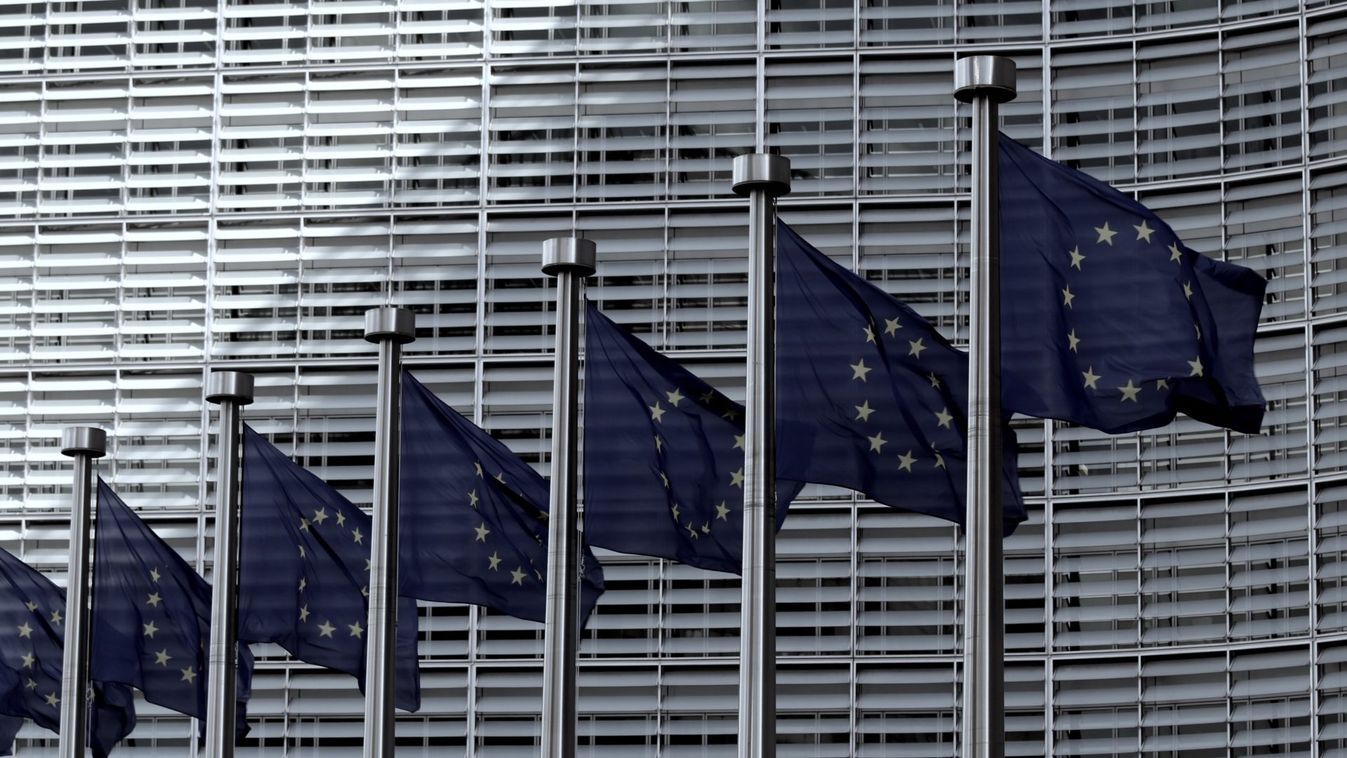











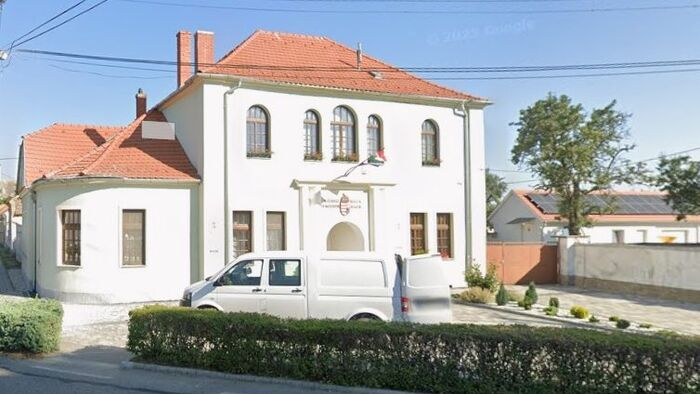

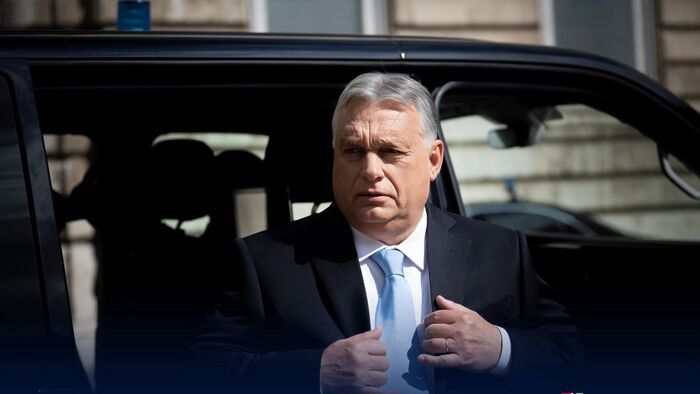

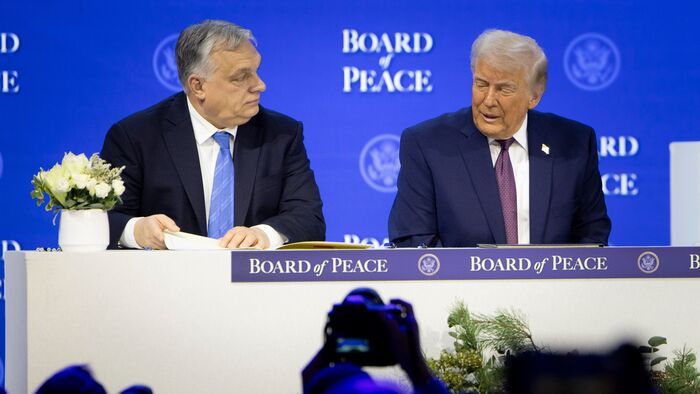
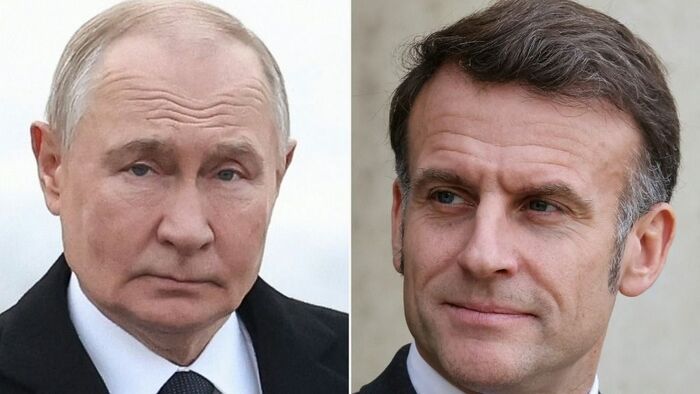





Szóljon hozzá!
Jelenleg csak a hozzászólások egy kis részét látja. Hozzászóláshoz és a további kommentek megtekintéséhez lépjen be, vagy regisztráljon!